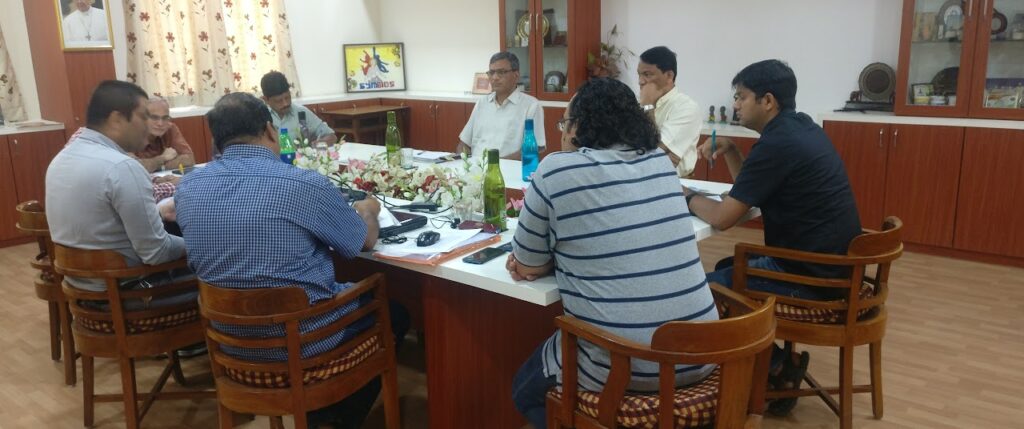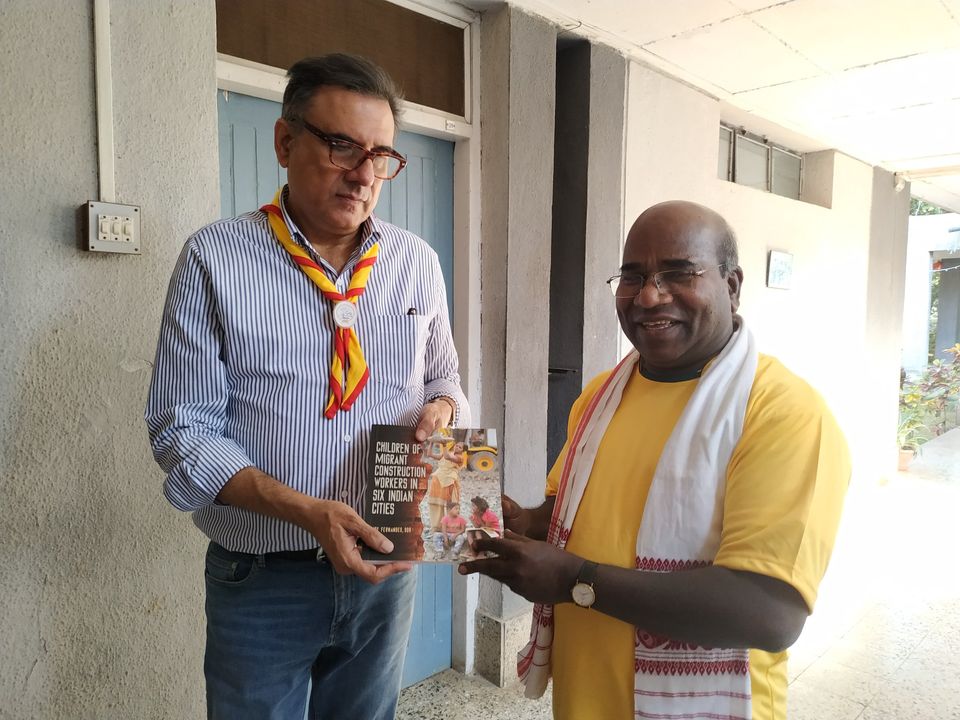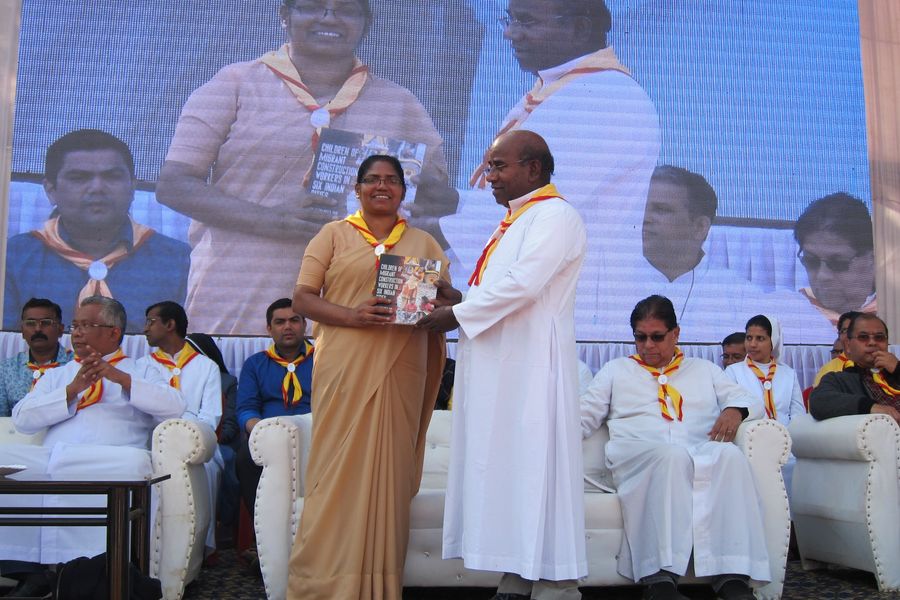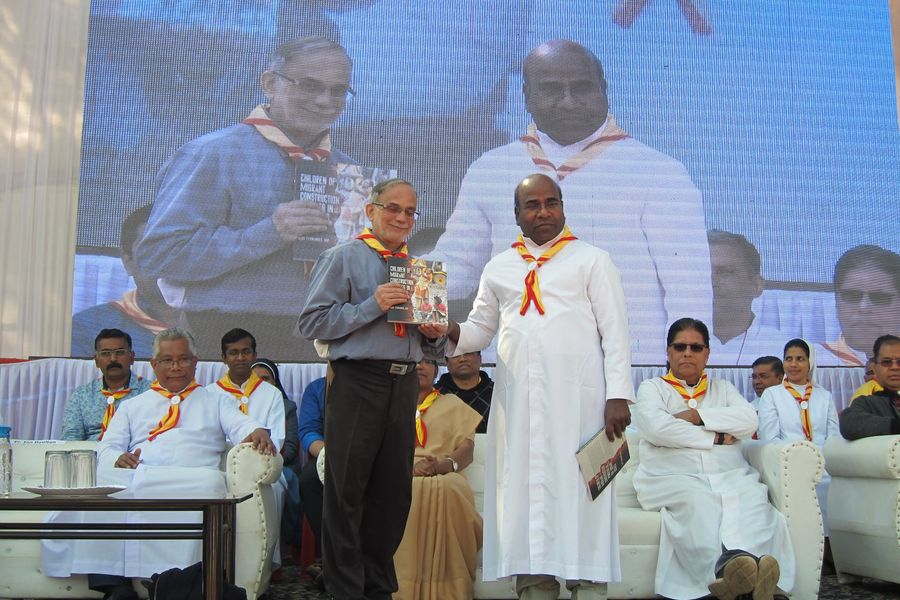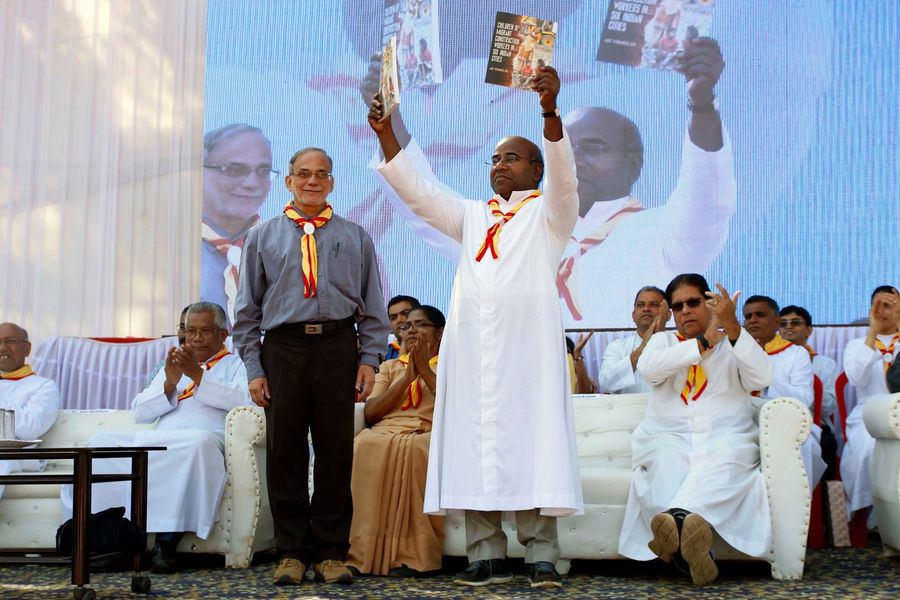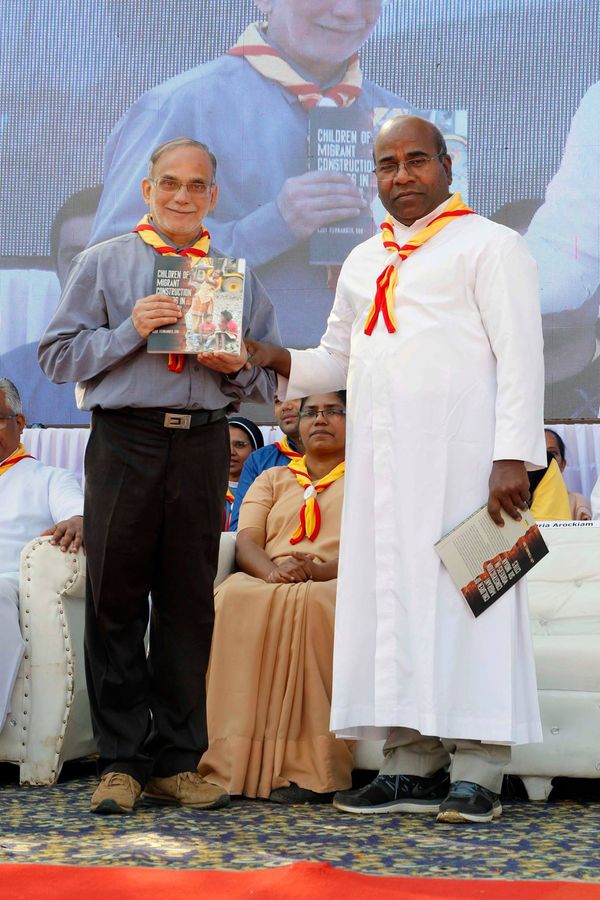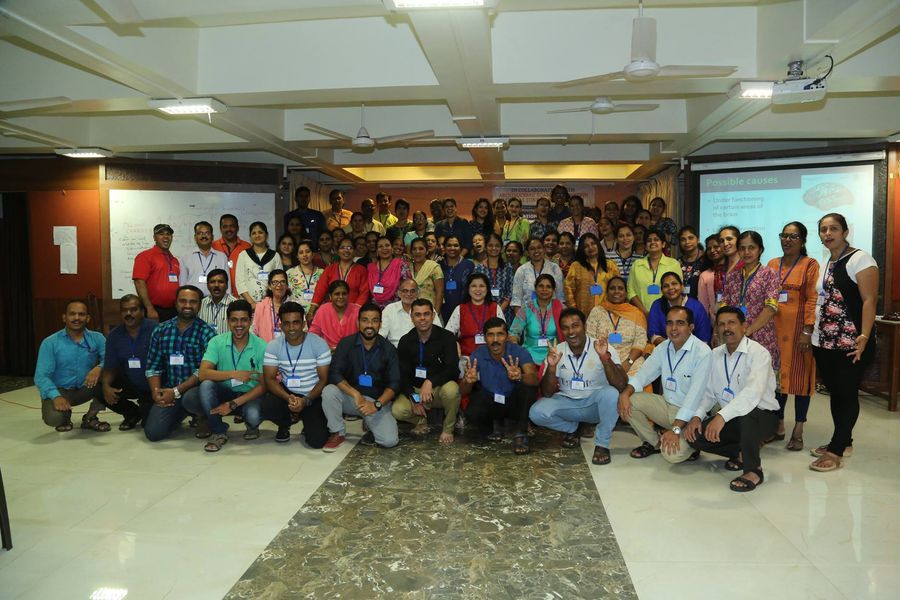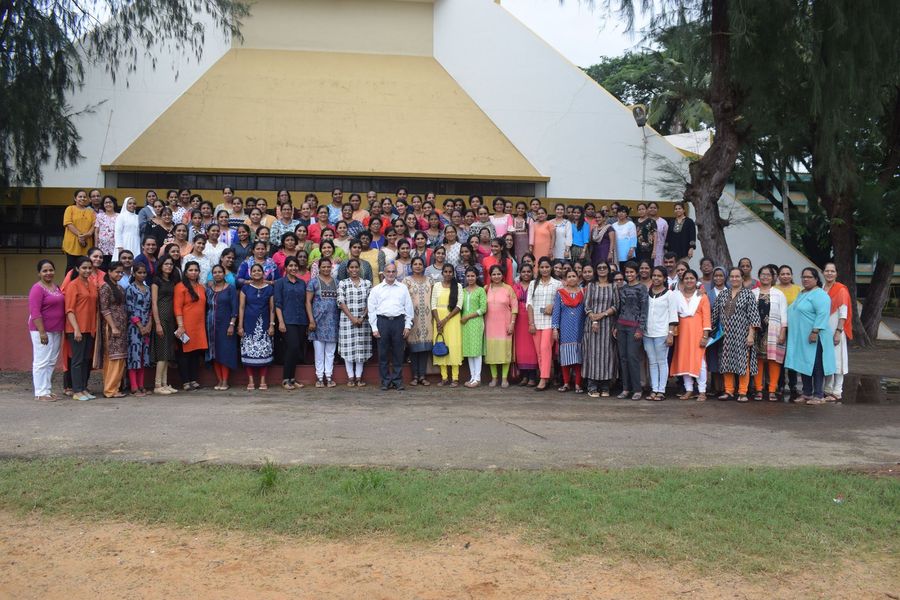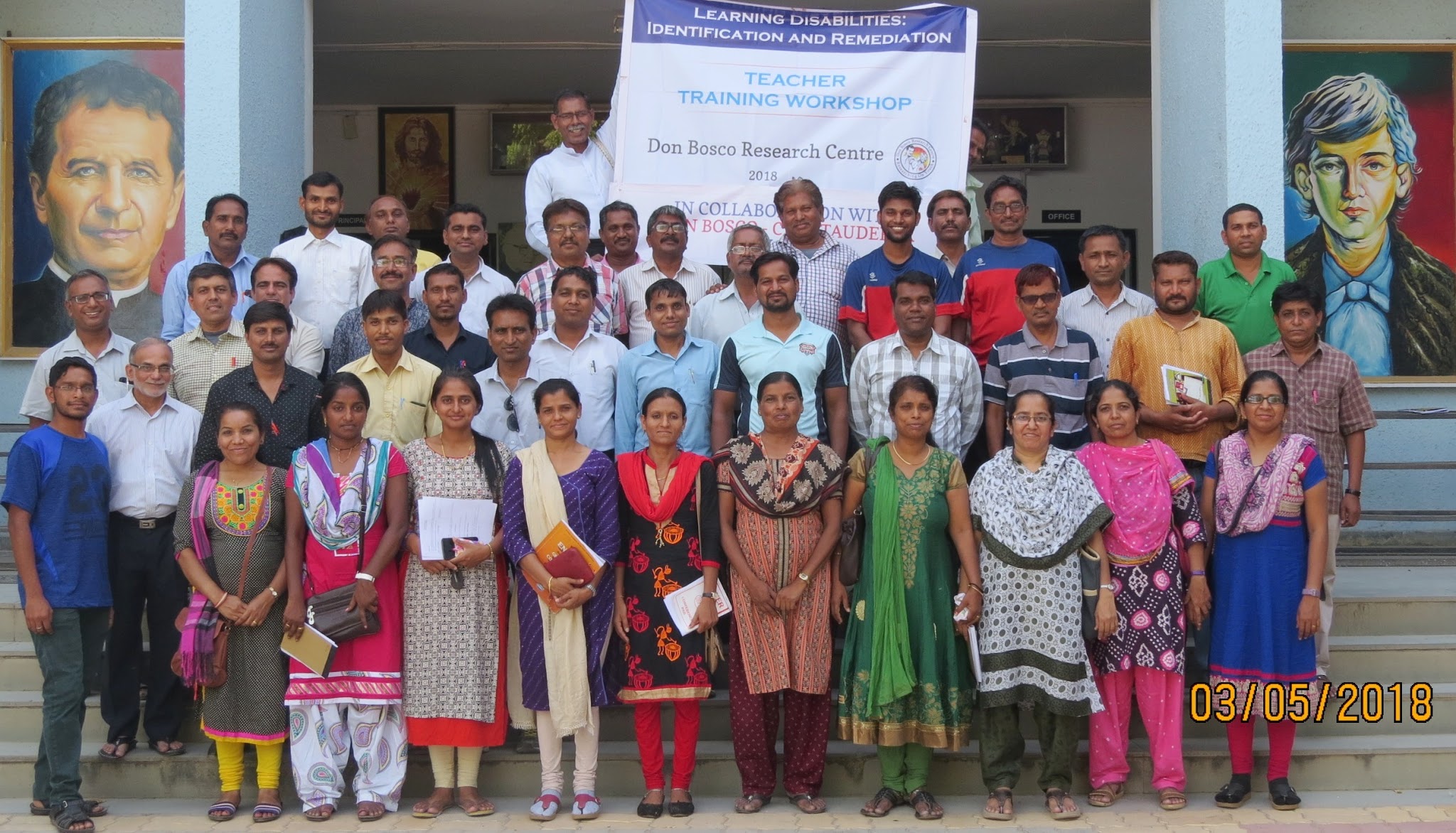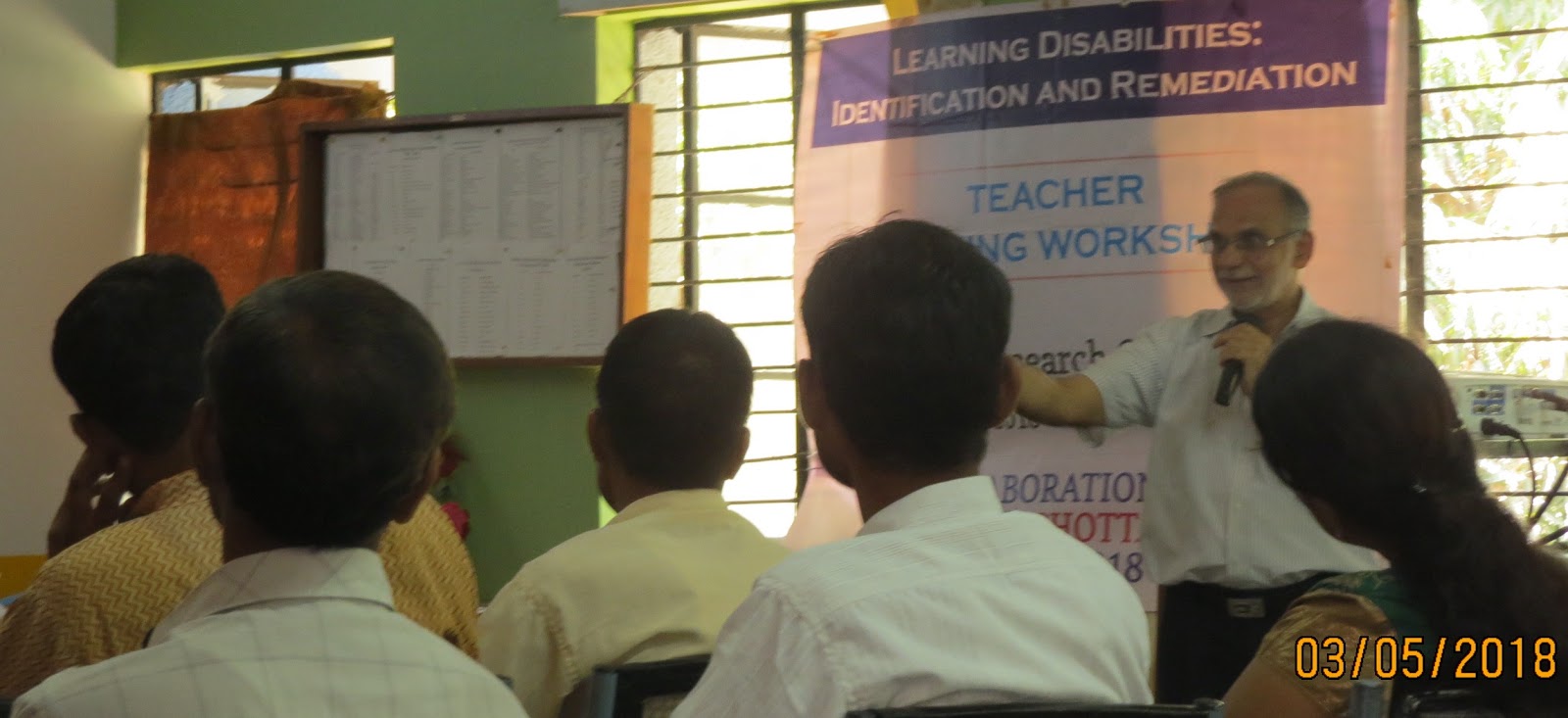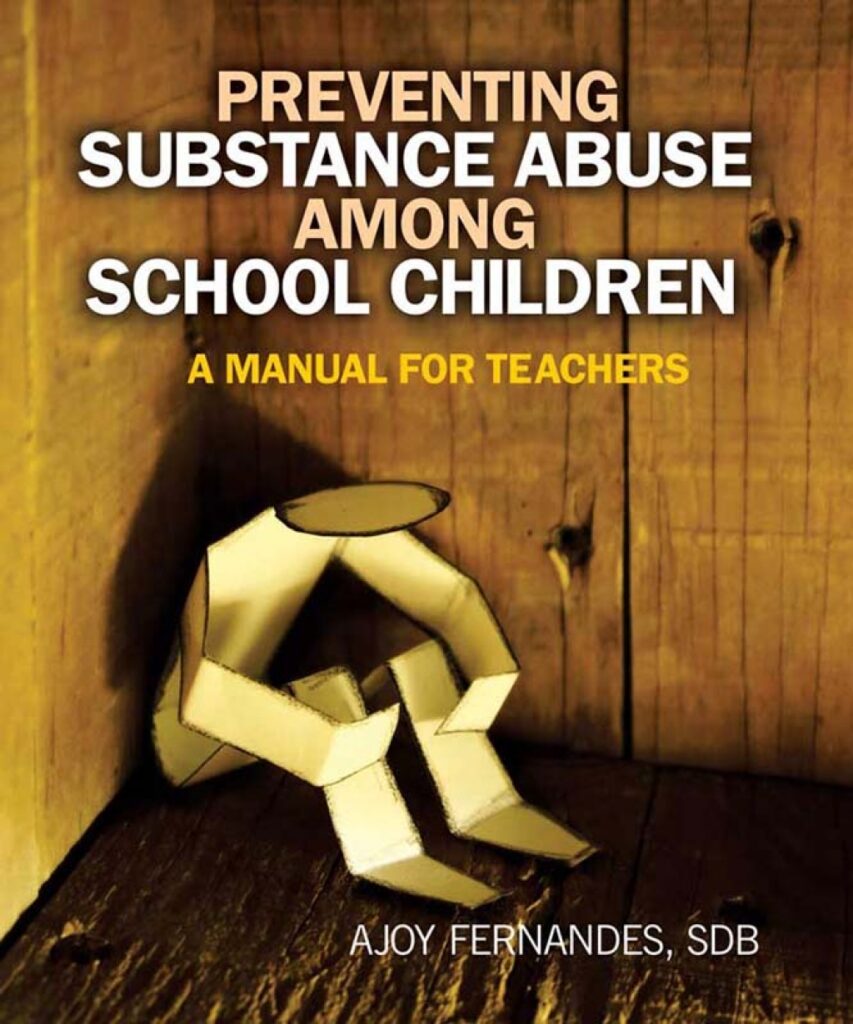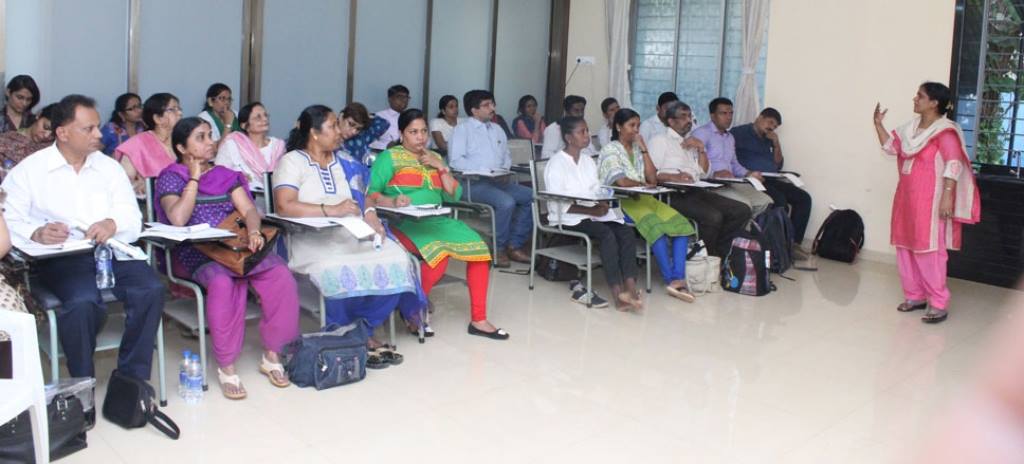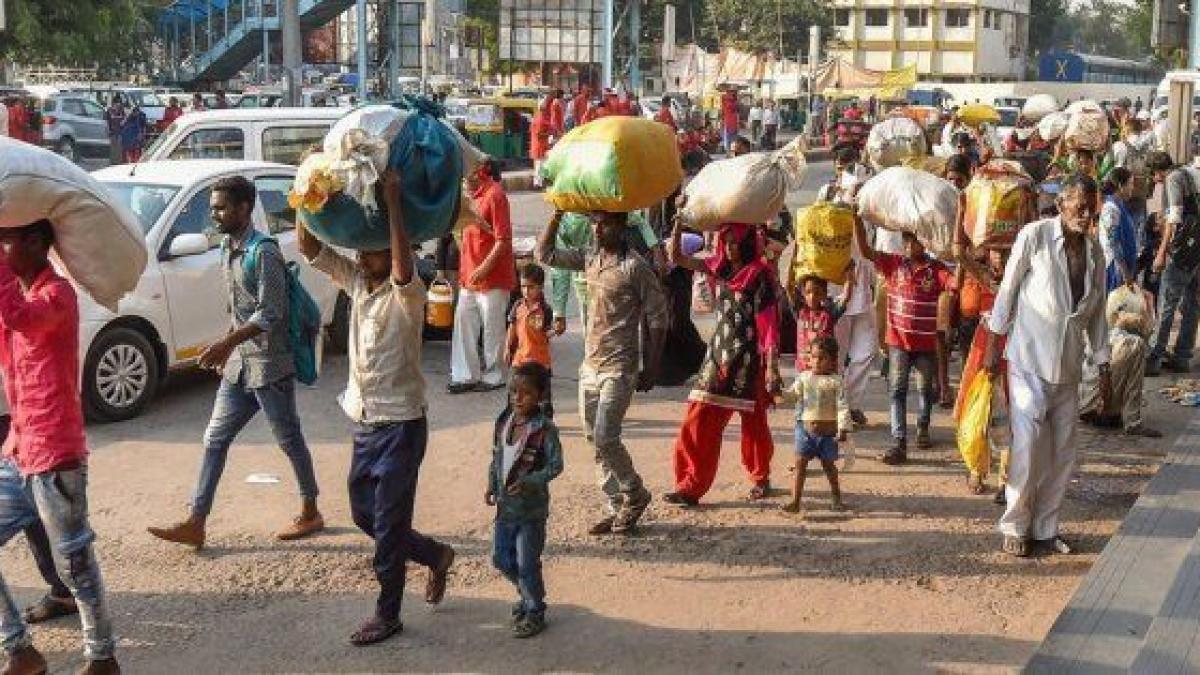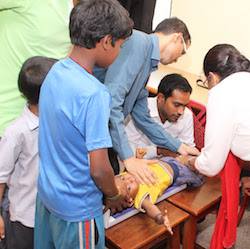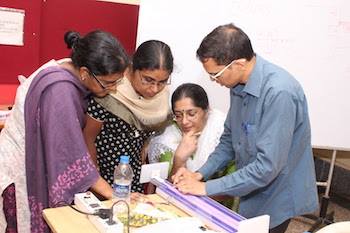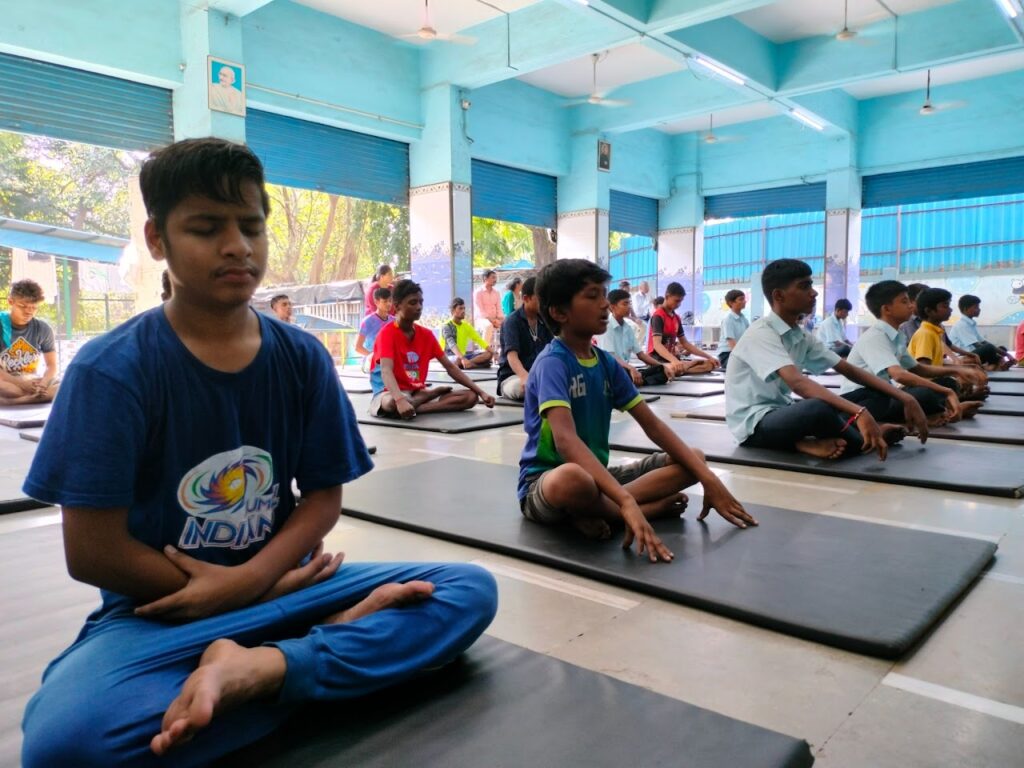
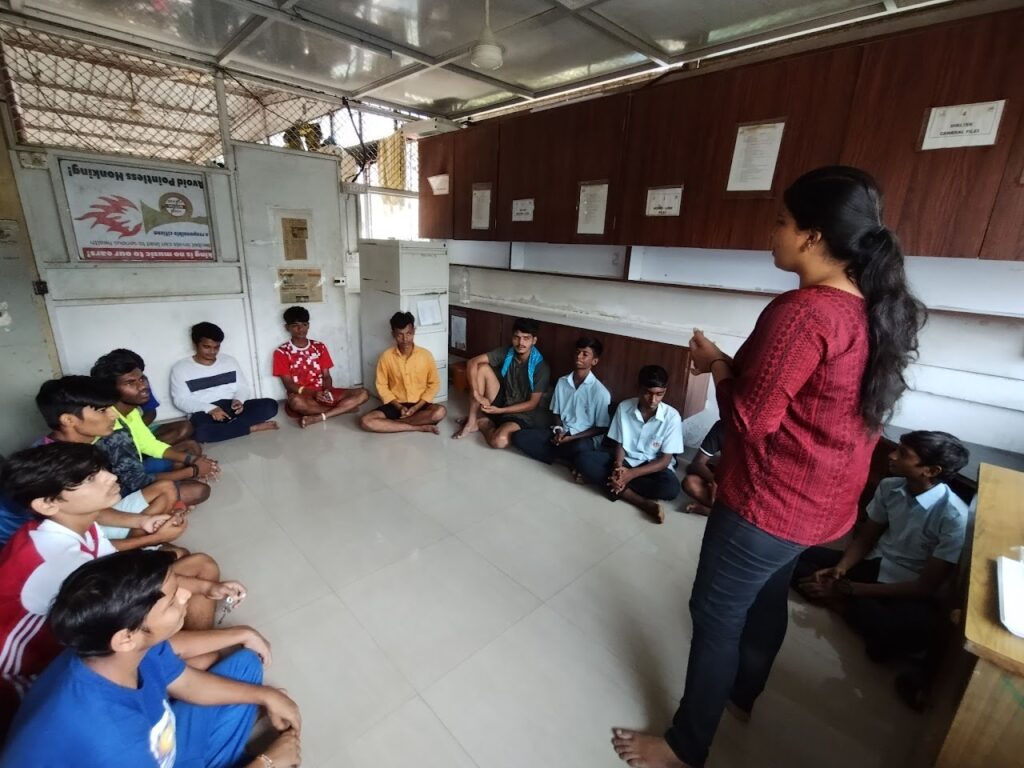
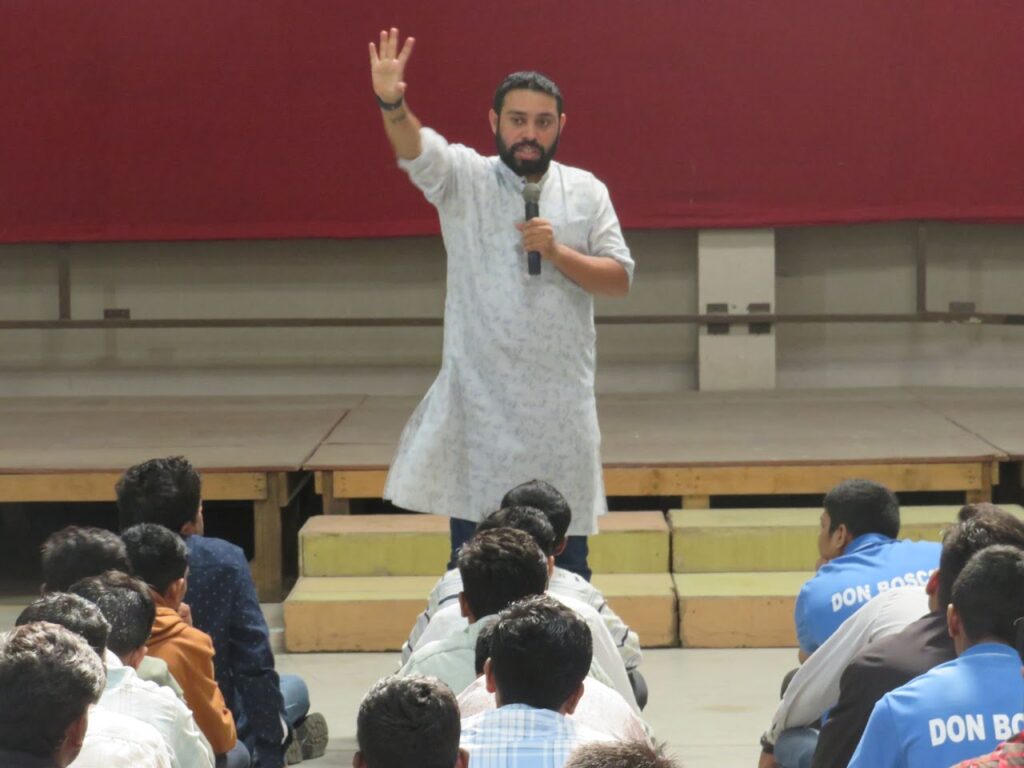
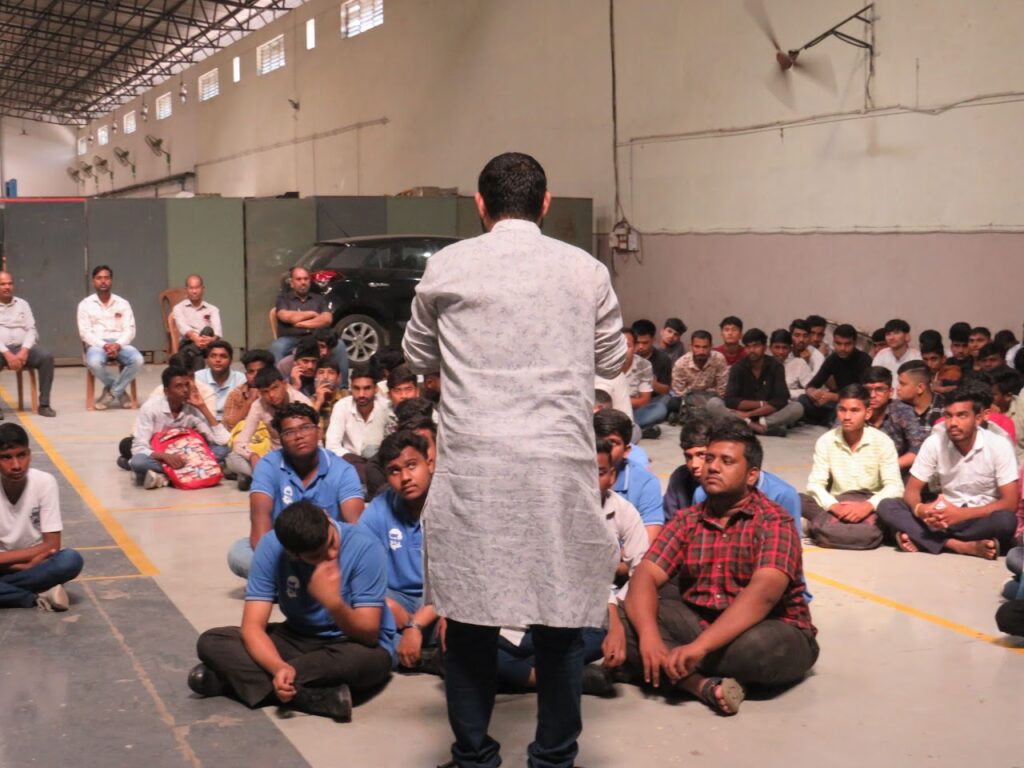
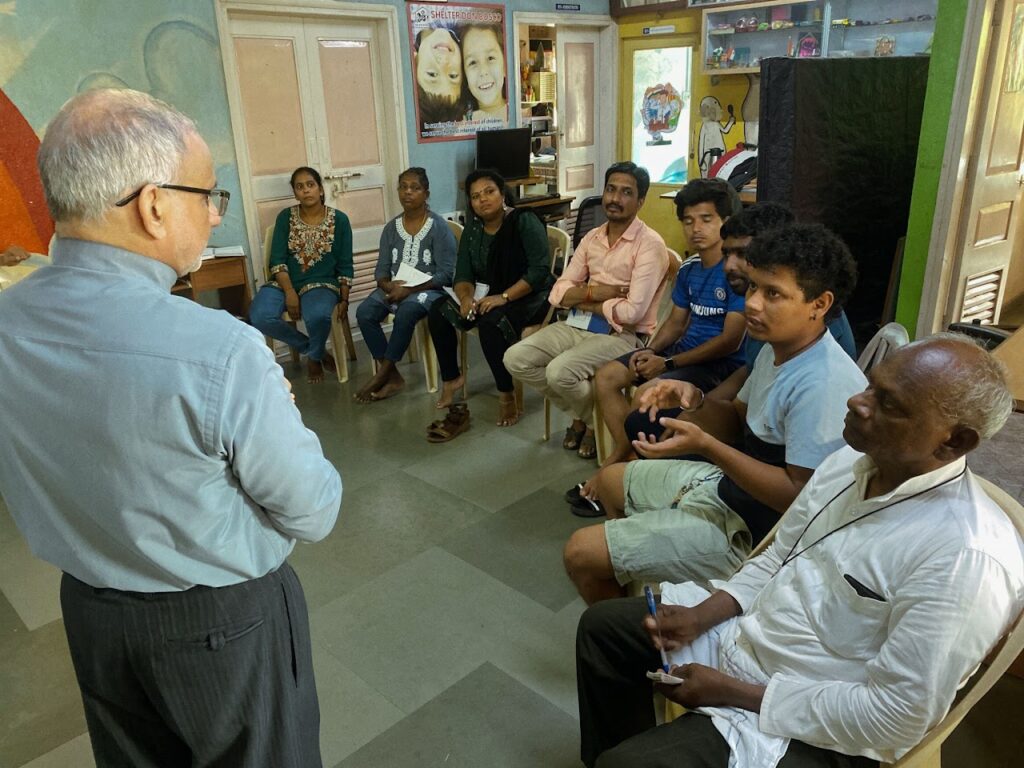
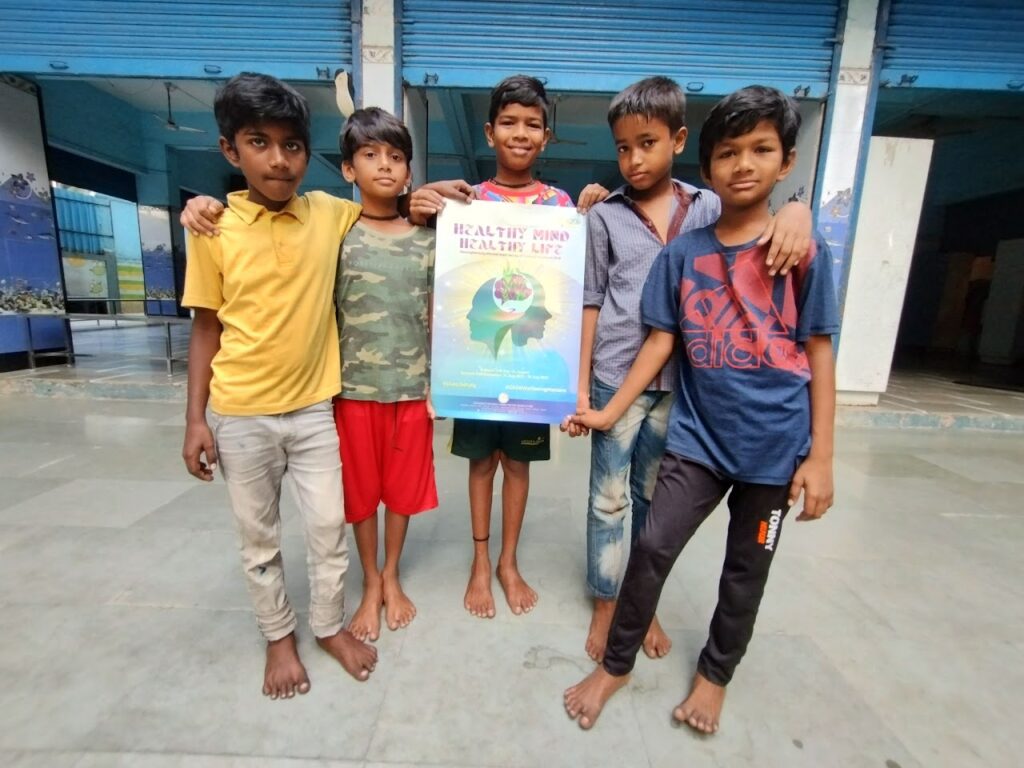
On 10 October 2023, as the world observed World Mental Health Day, Shelter Don Bosco, Wadala, along with Bosco Boys’ Home, Borivli, marked the occasion with a series of enlightening and rejuvenating activities for the staff and children of the institute. The institute, known for its nurturing environment, went a step further to delve into the intricacies of mental health.
The day commenced with a peaceful meditation session, preparing minds and bodies for the transformative journey ahead. The boys were invited to understand that they are the cornerstone of mental well-being.
Fr Ajoy Fernandes, the Director of Bal Prafulta, Matunga, animatedly steered the staff into a profound discourse on managing emotions. Delving into matters such as depression, anxiety, bipolar disorders, and psychosis, he bridged the gap between theoretical knowledge and real-life scenarios. The discussion highlighted the nuanced differences in the cases managed by psychologists and psychiatrists, shedding light on the extensive spectrum of mental health.
For the school and college youth, a significant portion of the day was dedicated to understanding the myriad forms of stress. Participants actively engaged in an illustrative activity, visualising stress as the pressure within a balloon. The session enlightened them to become solution-oriented, urging them to focus on addressing root causes rather than being overwhelmed by the aftermath of problems.
The highlight for the younger attendees was undoubtedly the ‘paint party’. This segment was more than just colours and brushes; it was a journey into understanding emotions. Using a palette of colours, the youngsters expressed both positive and negative emotions, and through this artistic medium, they were taught healthy mechanisms to manage and overcome these feelings.
The day culminated with a pivotal session on anger management and empathy-building. The boys were introduced to the triggers of anger and trained on effective strategies to navigate this powerful emotion. But beyond just personal management, the emphasis was also on the art of letting go—of releasing those small yet burdensome grudges that often weigh heavily on the heart. In tandem, the importance of empathy took centre stage. “Understanding another’s situation, feeling their pain, and offering support is the essence of empathy,” a poignant message that resonated deeply with the attendees.
Shelter Don Bosco’s World Mental Health Day celebrations did not merely end with activities. It sparked conversations, instilled life skills, and most importantly, reminded everyone of the theme for this year by the Don Bosco Young at Risk (YaR) Forum: “Healthy Mind, Healthy Life”.
As a build-up to Mental Health Day, Don Bosco, Chinchwad, organised a day-long workshop for its students on 5 October 2023 animated by Fr Ajay D’Monte. Fr D’Monte expounded on how addictions arise and how an addict finds it difficult to speak up and seek help to overcome the addiction. The students were also made aware of how our internal conversations affect our mental health. Additionally, he shared Rudolph Steiner’s theory of the Seven-Year Cyclic Nature of Human Development, using real-life examples to illustrate emotional growth and its influence on decision-making.


